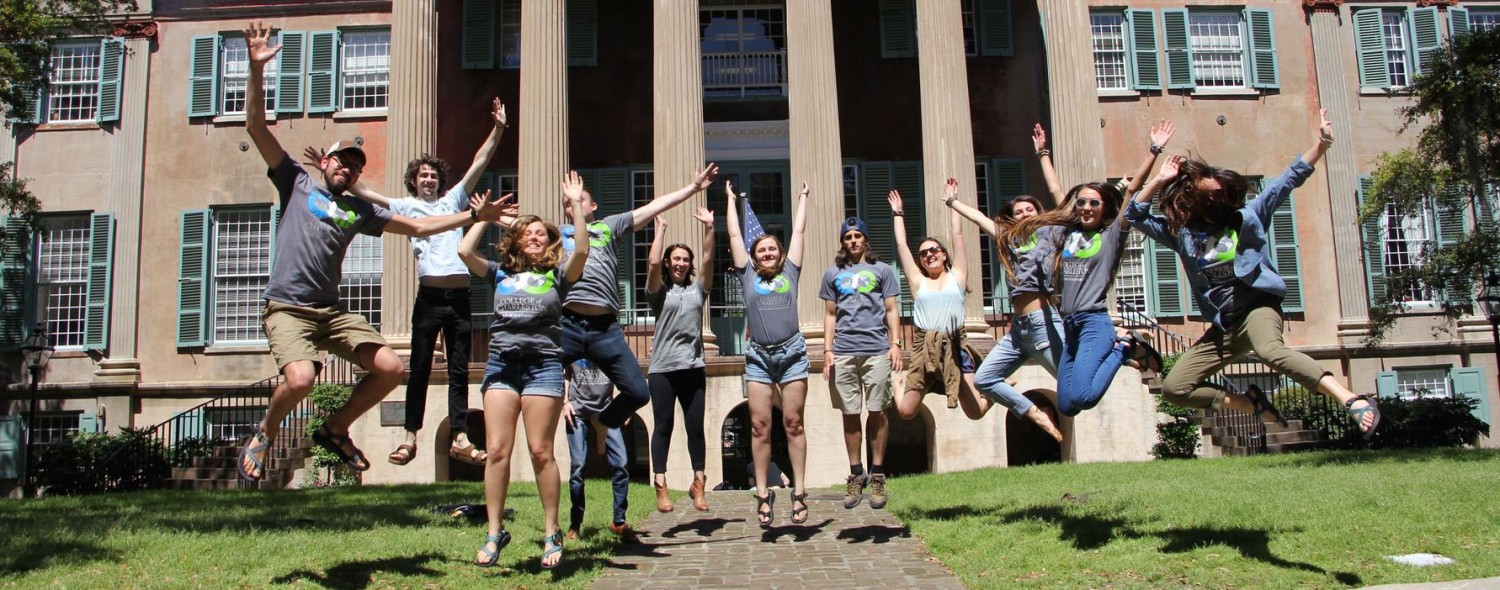Feminism, Intersectionality, and Sustainability
What is feminism? Feminism is the idea that no one should be discriminated against based on gender and no one should be given privilege based on gender. This is the simplest way to define it. It is not the hatred of men, it does not apply only to gender (which is socially constructed anyway), and it is not the belief that women are better than men. Feminist scholars dig much deeper into the complicated ways socially constructed gender norms affect individuals and cultures, but we’re going to keep it simple today.
Feminism cannot exist without intersectionality. Intersectionality is a concept that highlights the way in which gender affects people differently. Gendered experiences can vary based on race, gender identity, sexual identity, ability, gender expression, nationality, class, mental health, or any combination of these identifiers. For example: a black bisexual cisgendered female will experience gender differently than a transgendered white male, therefore, they will face different issues. All valid, of course. What happens to feminism without intersectionality? It becomes white feminism. White feminism focuses exclusively on the experiences of white, upper/middle-class, straight, cisgendered, able-bodied women. Wow, what a narrow focus! How can we solve problems we’re not even looking at?
Okay, that’s great and all, but what does this have to do with sustainability? Isn’t that just the Earth and Environment and stuff? Let’s take a look at environmental justice, shall we? Environmental Justice focuses on the interconnectedness of environmental issues and social issues. If you examine environmental justice through a more gendered lense then you’ve got ECOFEMINISM. Ecofeminism “is an activist and academic movement that sees critical connections between the domination of nature and the exploitation of women”. Marginalized groups are more likely to experience poverty and are less likely to be represented politically. Without political and economic power, they are more likely to experience the negative effects of climate change, pollutions, and environmental degradation. That being said, when we talk about sustainability we need to be aware of how people are affected. It’s also important to consider that the causes of environmental issues are related to the causes of social issues. If you want to get to the root of environmental issues, you must examine cultural and social issues. Alright… so how about environmental groups? Who is at the forefront of (accepted) environmental philosophy? Who is heading the most influential environmental organizations? Primarily white, cisgendered, straight, able-bodied men(BTW we still love you, we just want your support).
How can/should this change? We need to make sure that marginalized groups are given an amplified voice and are well-represented. In any group, not just environmental ones, you should definitely ask yourself a few questions: Is there diversity? Is there vocal diversity as well as physical diversity? Hmmm? Are all present demographics given a platform to speak up and speak out? Are their voices given as much power as privileged ones? yes? NO you say!? What can you do? Make sure that you check what privilege you have and lift up others without that privilege(hey woman in the corner, how do you feel about [insert issue here]?). Make sure your organization, or one you are supporting, is listening to and including communities that are affected by environmental damage. Make sure there are diverse leaders and that diverse perspectives and tactics are taken seriously. If you are not holding privilege in a certain situation, be aware of how you’ve been taught to stay silent and then SPEAK UP(even when you’re silenced or interrupted). You matter.
#BLACKLIVESMATTER #YESALLWOMEN #QUEERVISIBILITY #TRANSISBEAUTIFUL #ALLBODYTYPES #SUSTAINABILITY #SMASHTHEPATRIARCHY
–Tanner Glaze, Sustainability Intern: Community Partnership Program







